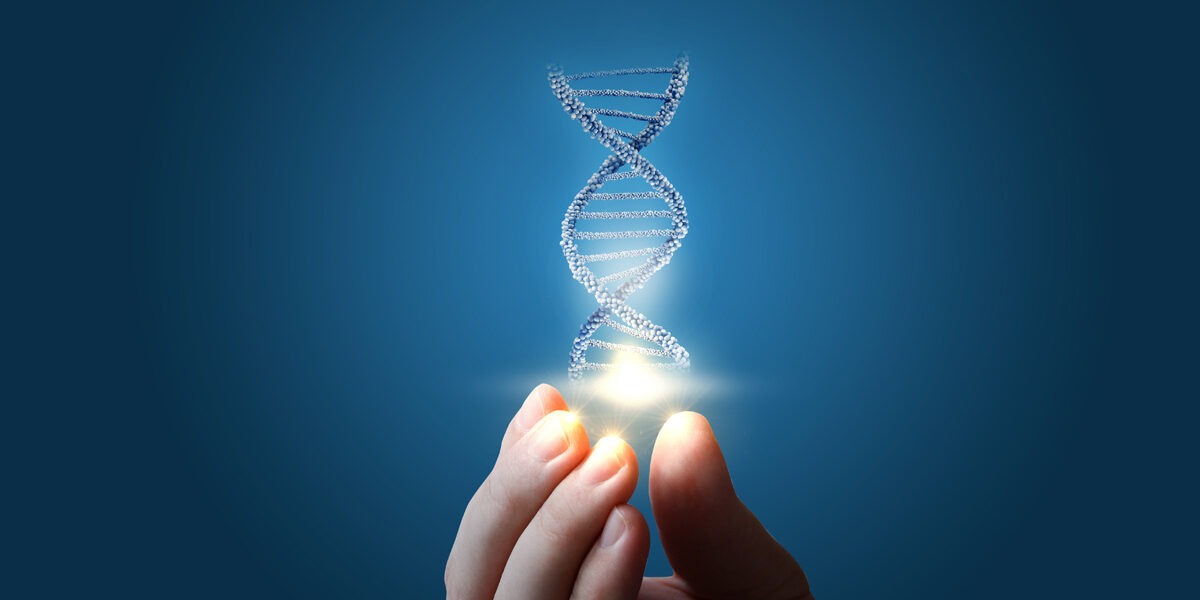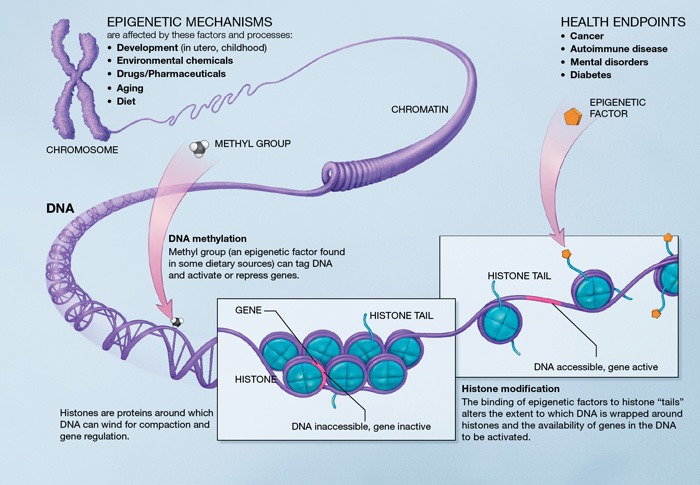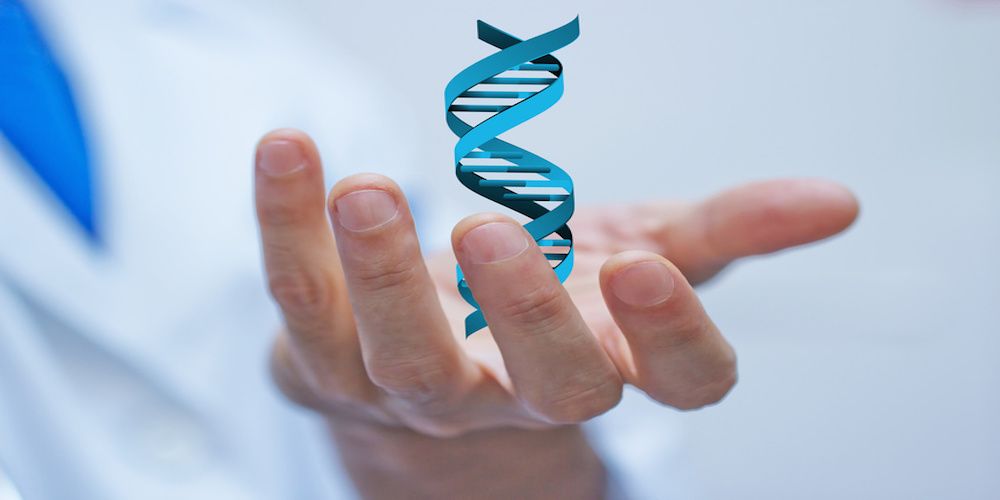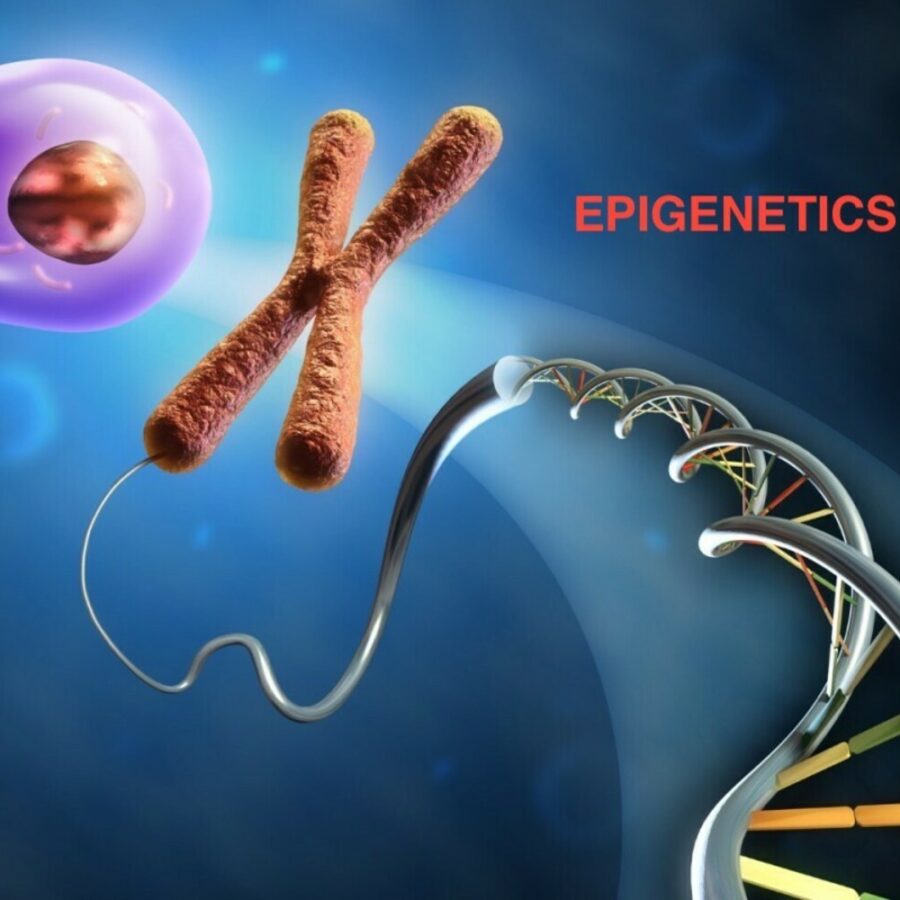Contents
- 1 Harnessing the Power of Epigenetics to Shape Health and Well-being
- 2 Prof. Aécio D’Silva, Ph.D AquaUniversity
- 3 What is Epigenetic Therapy?
- 4 How do Epigenetic Therapies Work?
- 5 What are the Types of Epigenetic Therapies?
- 6
- 7 Understanding Epigenetics: The Key to Gene Expression
- 8 Targeting Epigenetic Alterations for Therapeutic Interventions
- 9 Challenges and Future Directions
Harnessing the Power of Epigenetics to Shape Health and Well-being
Prof. Aécio D’Silva, Ph.D
AquaUniversity
Unleash the hidden potential within your genes through groundbreaking epigenetic therapies. Explore how these innovative treatments offer new hope for transforming health outcomes and uncovering the mysteries of gene regulation.
Epigenetic Therapies – In the realm of healthcare, revolutionary advancements are continuously being made to unravel the complex mechanisms governing our genetic makeup. One such breakthrough lies in the field of epigenetics, a branch of science that explores the dynamic interplay between our genes and the environment. Epigenetic therapies, the exciting frontier of personalized medicine, have emerged as a powerful tool for unlocking and modulating the expression of our genes. In this article, we delve into the fascinating world of epigenetic therapies and their potential to revolutionize the future of healthcare.
What is Epigenetic Therapy?
Epigenetic therapy is a type of treatment that targets the epigenetic changes that are associated with a disease. Epigenetic therapies can be used to turn genes on or off, or to change the way that genes are expressed.
How do Epigenetic Therapies Work?
Epigenetic therapies work by targeting the chemical modifications that are attached to DNA or to the proteins that control how DNA is read. These modifications can be removed or added, which can change how genes are expressed.
What are the Types of Epigenetic Therapies?
There are several different types of epigenetic therapies, including:
- DNA methylation inhibitors: These drugs block the enzymes that add methyl groups to DNA. Methyl groups are one type of chemical modification that can affect gene expression.
- Histone deacetylase inhibitors: These drugs block the enzymes that remove acetyl groups from histone proteins. Histone proteins are involved in the packaging of DNA, and acetylation can affect how genes are expressed.
- RNA interference (RNAi): RNAi is a natural process that can silence genes. Epigenetic therapies can be used to deliver RNAi molecules to cells, which can silence genes that are associated with a disease.
Understanding Epigenetics: The Key to Gene Expression
At the core of epigenetics lies the notion that our genes are not solely dictated by the DNA sequence we inherit. Rather, they are subject to modulation through a range of epigenetic mechanisms that can either activate or suppress specific genes. Epigenetic modifications, including DNA methylation, histone modification, and non-coding RNA molecules, act as switches that turn genes on or off, shaping our development, health, and response to environmental factors.
By studying epigenetics, scientists have unraveled a profound truth: our genes are not static entities but are adaptable and influenced by external factors. This breakthrough has opened new avenues for exploring the treatment of diseases, with epigenetic therapies offering immense promise in reprogramming gene expression patterns to promote health and combat various disorders.
Targeting Epigenetic Alterations for Therapeutic Interventions
These therapies aim to restore or modify gene expression patterns that have gone awry in disease states. By targeting specific epigenetic modifications associated with certain disorders, scientists can potentially reverse aberrant gene expression and restore cellular function. Examples of epigenetic modifications that can be targeted include the removal of excessive DNA methylation, the addition of acetyl groups to histones to loosen chromatin structure, and the use of small molecules to modulate non-coding RNA molecules.
The potential applications of epigenetic therapies are vast. They hold promise in treating various types of cancer by reactivating tumor-suppressor genes or silencing oncogenes. Furthermore, neurological conditions such as Alzheimer’s disease and Parkinson’s disease may benefit from epigenetic interventions that can modulate gene expression patterns associated with neurodegeneration. Epigenetic therapies also show the potential in addressing metabolic disorders, autoimmune diseases, and even age-related conditions.
Challenges and Future Directions
While epigenetic therapies offer remarkable potential, they also present challenges that need to be addressed. Understanding the complexity of epigenetic regulation and developing precise methods to target specific modifications remain ongoing areas of research. Additionally, the long-term effects and potential side effects of manipulating epigenetic marks require thorough investigation to ensure patient safety.
Despite these challenges, the field of epigenetic therapies is rapidly evolving, with scientists working tirelessly to overcome hurdles and refine therapeutic approaches. As our understanding of epigenetics deepens, we are poised to witness breakthroughs that could transform the landscape of medicine and offer new hope to individuals living with debilitating diseases.
To conclude, epigenetic therapies represent a groundbreaking frontier in healthcare, offering the potential to unlock the hidden potential within our genes. By manipulating epigenetic marks, these therapies hold promise in revolutionizing the treatment of various diseases, bringing us closer to a future of personalized medicine. As research progresses, we can look forward to witnessing the transformative
References:
- Seton-Rogers, S. (2014). BETting on epigenetic therapy. Nature Reviews Cancer, 14(6), 385-385.
- Wei, A. Z., Maniar, A. B., & Carvajal, R. D. (2022). New targeted and epigenetic therapeutic strategies for the treatment of uveal melanoma. Cancer Gene Therapy, 1-8.






